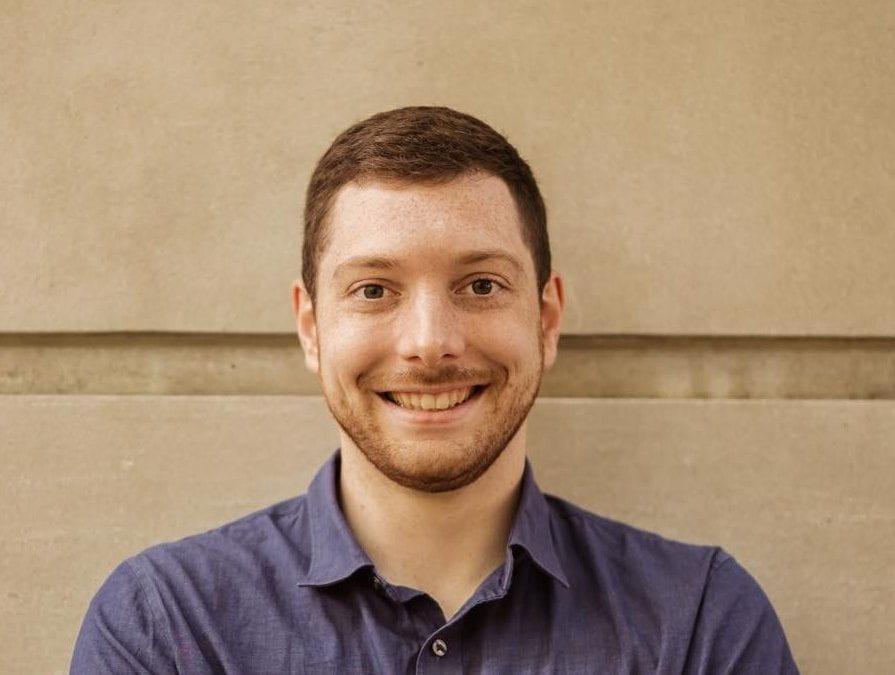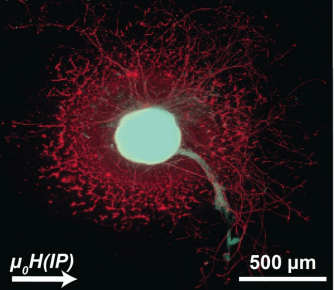Microphysiological Systems

ABNEL has developed a laser cut and assemble microphysiological system (MPS), or organ-on-chip device, of the gut and the heart 1,2. MPSs allow for physiologically relevant modeling of organ systems and diseases with limited confounding factors present. This methodology is a more cost effective and manufacturable option compared to the current standard of PDMS soft lithography.
Ongoing research aims to develop an MPS of gut and enteric nervous system (ENS) physiology to further study the gut-brain connection. ABNEL also aims to develop MPSs of various neural disorders that have an expected connection to the gut including Parkinson’s, visceral pain, depression, and anxiety. The study of parasympathetic and sympathetic innervation in cardiac tissue is also being explored through the use of our cut and assemble MPSs. Electrophysiological techniques, such as transepithelial electrical resistance (TEER) and microelectrode arrays (MEA), are frequently utilized to study endothelial barrier function and neuronal action potentials, respectively.
Recent publication:
Sanjin Hosic, Adam Bindas, Marissa L. Puzan, Will Lake, Jonathan Soucy, Fanny Zhou, Ryan A. Koppes, David T. Breault, Shashi K. Murthy, Abigail N. Koppes. Rapid prototyping of multilayer microphysiological systems. May 2020. https://doi.org/10.1021/acsbiomaterials.0c00190
Recent reviews:
Kyla Nichols, Ryan Koppes, Abigail Koppes. Recent advancements in microphysiological systems for neural development and disease. May 2020. https://doi.org/10.1016/j.cobme.2020.05.003
Jonathan R. Soucy, Adam J. Bindas, Abigail N. Koppes, and Ryan A. Koppes. Instrumented Microphysiological Systems for Real-time Measurement and Manipulation of Cellular Electrochemical Processes. Oct 2019. https://doi.org/10.1016/j.isci.2019.10.052
Cited Papers:
1 Hosic, S. et al. Rapid prototyping of multilayer microphysiological systems. ACS Biomaterials Science & Engineering (2020).
2 Soucy, J. R. et al. Organ-on-chip Model for Investigating Autonomic Innervation of the Cardiac Microenvironment. Circulation Research 125, A421-A421 (2019).

Bryan Schellberg Successfully Proposes
Bryan Schellberg, graduate student of both Drs. Abigail and Ryan Koppes, successfully defended his research proposal this past May. This defense earned him the title of "PhD Candidate"! We all look forward to watching Bryan's work unfold as he fulfills his proposed...

Katelyn Neuman’s Article Accepted for Publication
Katelyn Neuman, current graduate student of Dr. Ryan Koppes, had her article titled "En route to next-generation nerve repair: static passive magnetostimulation modulates neurite outgrowth" accepted for publication in the Journal of Neural Engineering. Her article...